The delicacy of its supernatural elements make Pushkin’s The Queen of Spades, as adapted by Tchaikovsky, a tricky proposition for any director. Do you go with the ghost story and risk losing your audience emotionally, or do you play it straight, trying to rationalise the plot’s moments of macabre? The hands of the clock stand perpetually arrested just moments before midnight in David Alden’s new production for ENO, putting his audience out of any doubt as to which he has chosen.
Setting the opera in hospital or mental institution is not a new idea, but one that serves Alden well in a large-scale spectacular only outdone by the recent Mastersingers for sheer visual volume. If the first half ticks with far too many of the director’s favourite theatrical motifs, cramming so much stage-business in that it’s hard to pick out the important from the merely decorative, the second brings a much leaner approach that finally allows some of the psychology at the core of all this posturing to come to the fore.
At the chilly, unbeating heart of this production is Felicity Palmer’s astonishing Countess
Pucci-clad Sixties lovelies, animal-suited revellers, a bewigged 18th-century footman (wearing sunglasses), military personnel and decaying classical architecture all come together in the fantasy of Hermann’s very troubled mind. If there’s a logic to why he and his beloved Lisa (Peter Hoare and Giselle Allen) seem to exist in the 1940s, Masha (Katie Bird) in the 1920s and Pauline’s friends in the 1960s then it’s not immediately evident. Once you surrender to Alden’s imagination and stop trying to find a thread through this visual labyrinth everything gets that much easier.
At the chilly, unbeating heart of this production is Felicity Palmer’s astonishing Countess (main picture, with Peter Hoare's Hermann). After a first half spent doing her best operatic impression of Maggie Smith’s Dowager Countess, frail and childlike in her nightwear, she barely occupies the chair, placed alone, centre-stage at the start of Part II. After the chattering chaos of the ball and its (inevitable) orgiastic goings-on all is suddenly very still, allowing Palmer to seize the space and deliver her “Je crains de lui parler” with shattering intensity. There’s still a beauty to Palmer’s voice, unused in recent outings as Mrs Sedley in ENO’s fine Peter Grimes, that she deploys to devastating effect in the pianissimo sweetness of the repeat – its loveliness contrasting cruelly with the horrible shell of the woman and her imminent death. This is an exemplary, extraordinary performance.
Peter Hoare’s Hermann is less straightforward. Struggling vocally to find his feet at the start he seemed overfaced by the relentless demands of the role, but grew as the evening progressed, creating a hero convincingly at his mental extremity. There’s a reedy muscularity to Hoare’s voice that we heard at its dramatic best in ENO’s The Damnation of Faust, that plays well here off Tchaikovsky’s plangent orchestration, with its prominent writing for oboe. If it lacks a certain fullness and roundness then that’s a musical lack almost compensated for by the edgy dramatic quality it lends the action.
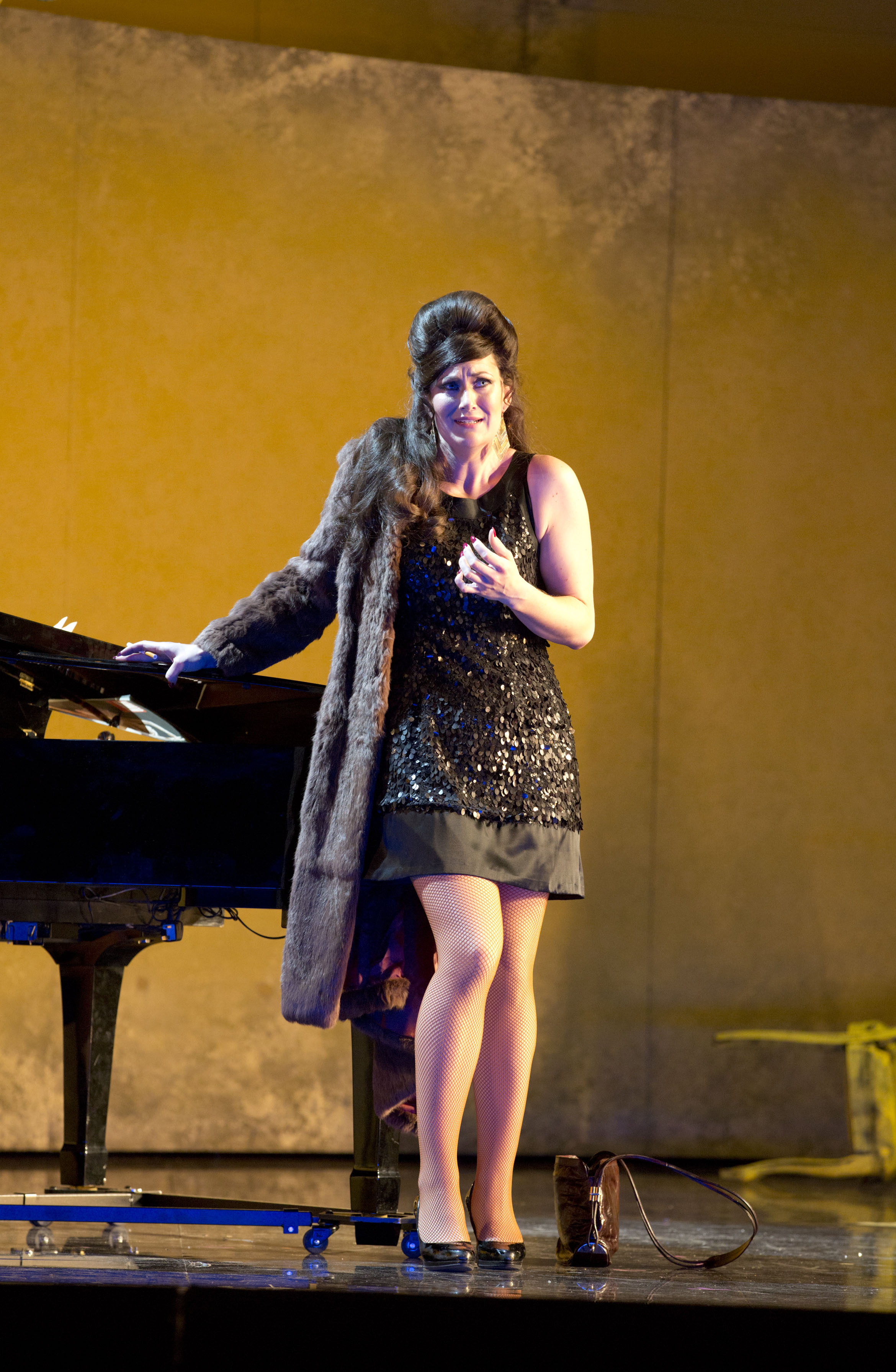 Edgy things may be, but passionate they are not. Hoare’s interplay with Allen’s Lisa lacks even the hint of a spark, despite Gardner’s swift, driving energy from the pit – he discovers more chemistry with Palmer in their ill-fated encounter. Though Allen delivers the role with all the gestures and vocal architecture you’d want, it’s strangely uninvolving. Distractingly good, however, is Catherine Young’s Pauline (pictured left) – drunkenly tragic in her aria and full-Broadway vampish in the Intermezzo. There’s also strong support from Katie Bird’s bright-toned Masha and Nicholas Pallesen’s dignified Yeletsky.
Edgy things may be, but passionate they are not. Hoare’s interplay with Allen’s Lisa lacks even the hint of a spark, despite Gardner’s swift, driving energy from the pit – he discovers more chemistry with Palmer in their ill-fated encounter. Though Allen delivers the role with all the gestures and vocal architecture you’d want, it’s strangely uninvolving. Distractingly good, however, is Catherine Young’s Pauline (pictured left) – drunkenly tragic in her aria and full-Broadway vampish in the Intermezzo. There’s also strong support from Katie Bird’s bright-toned Masha and Nicholas Pallesen’s dignified Yeletsky.
This Queen of Spades marks Edward Gardener’s departure as ENO’s musical director. His legacy to the company is great, but in nothing greater than the power and colour the chorus have acquired during his tenure. This production, massive with additional singers, is a superb homage to him, relying on this crack team of musicians to carry an evening that, for all its successes, is still laden with too many ideas and not enough feelings.




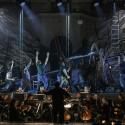
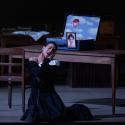
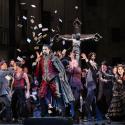

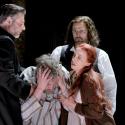
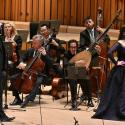
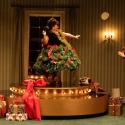
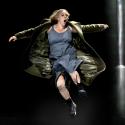
Add comment